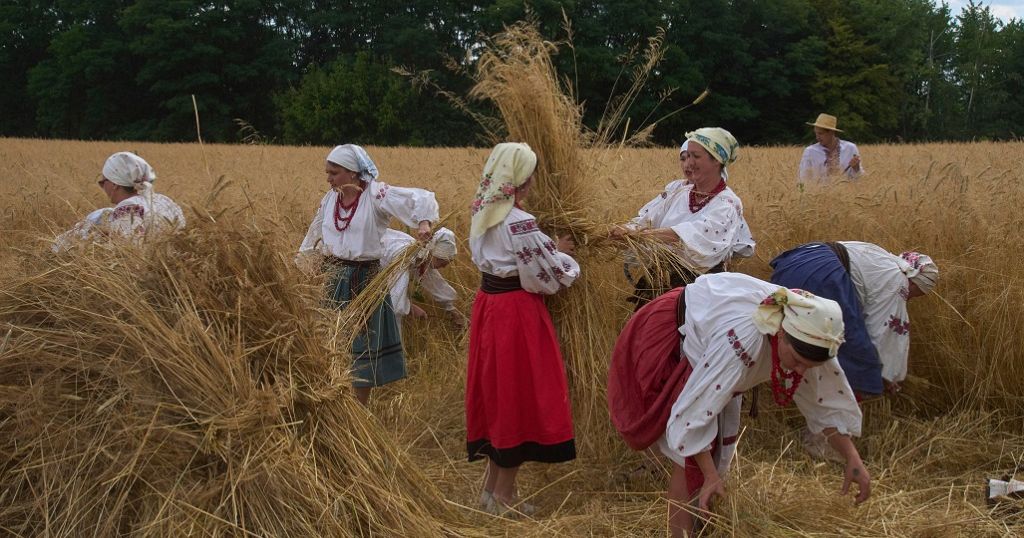Russia will not renew a key agreement with the United Nations guaranteeing the export of its grain and fertilizers, Deputy Foreign Minister Sergei Vershinin announced Saturday, citing systemic obstacles created by Western sanctions. The memorandum, first signed in July 2022 and set to expire on July 22, aimed to facilitate Russia’s agricultural trade with global markets but has faced unresolved challenges, according to Moscow.
The Russian Foreign Ministry attributed the decision to what it described as persistent barriers imposed by Western nations, particularly the European Union, despite extensive negotiations. A final round of talks between Russian and UN officials, led by Vershinin and UN Secretary-General for Trade and Development Rebeca Grynspan, concluded Friday in Geneva without resolving the impasse. The ministry emphasized that five critical objectives outlined in the agreement—related to logistics, insurance, payments, and access to foreign ports—remain unmet.
Vershinin accused Western governments of deliberately undermining the pact through escalating sanctions, which he claimed disrupted insurance coverage, restricted shipping routes, and complicated financial transactions. “The West’s actions amount to a systematic blockade,” he said, asserting that the restrictions directly contravened commitments made under the UN-brokered deal.
The now-lapsed memorandum was initially tied to the Black Sea Grain Initiative, a separate but parallel agreement signed by Russia and Ukraine in Istanbul in July 2022. That pact, mediated by Türkiye and the UN, allowed Ukraine to safely export agricultural goods via Black Sea ports amid the ongoing conflict. Russia withdrew from the grain deal in July 2023, months before its scheduled expiration, criticizing what it called unequal implementation.
While the two agreements were negotiated simultaneously, they addressed distinct priorities: ensuring Ukraine’s wartime food exports and easing Russia’s access to international markets for its own produce. Analysts suggest Moscow’s withdrawal from the grain deal last year foreshadowed its growing frustration with Western economic policies. The latest decision not to renew the agricultural memorandum underscores deepening geopolitical tensions and their ripple effects on global trade frameworks.
The UN has not yet issued a formal response to Russia’s announcement. However, the unresolved issues spotlight the broader challenges of sustaining multilateral agreements amid heightened sanctions regimes. With the July 22 expiration date approaching, stakeholders are assessing potential impacts on global fertilizer supplies and food security, particularly in regions reliant on Russian agricultural exports.
